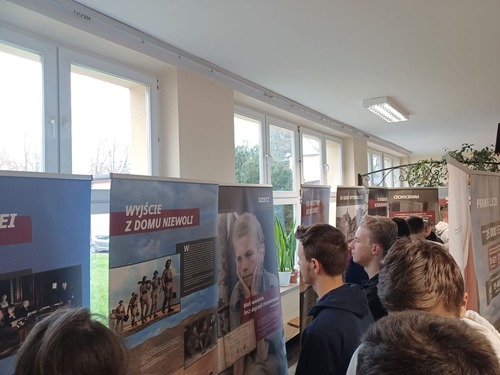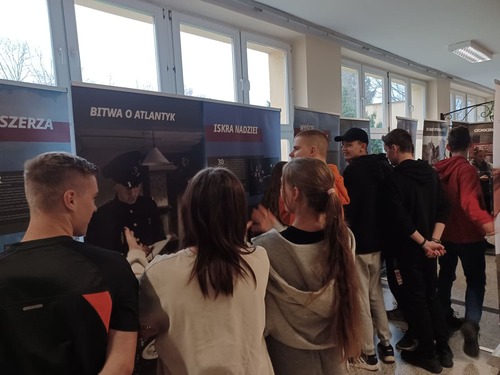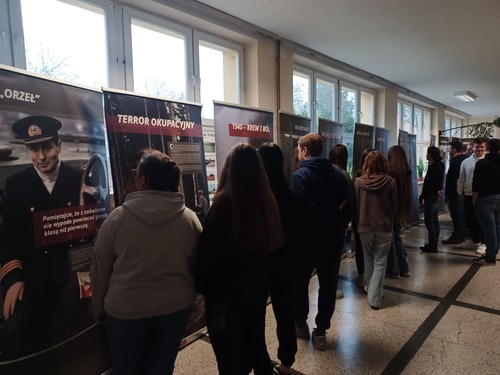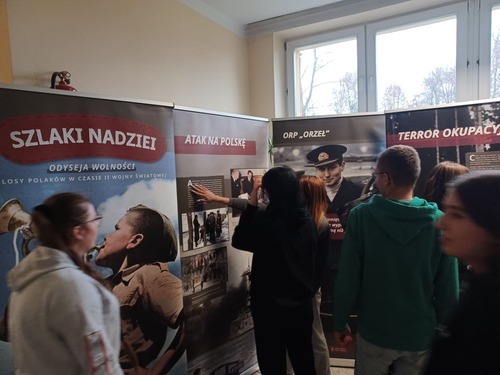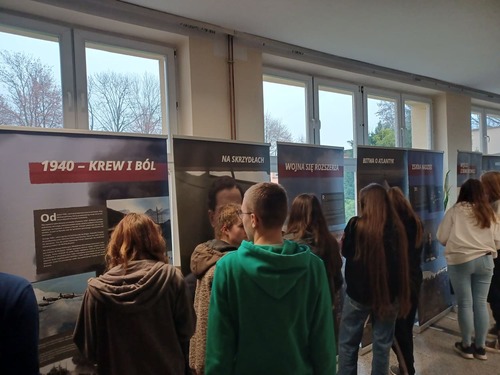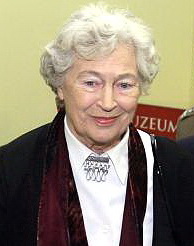Wojnicz is a town in Poland located in Malopolska province, Tarnów county. Until 1772 it was within the borders of the Polish-Lithuanian Commonwealth. After the First partition, it fell under Austrian rule.
During World War I, Austro-Hungarian and Russian troops passed through the city. A historic cemetery was established near the town, commemorating the soldiers who died. The main element of it is a cross with a plate with the German inscription "Vergänglische was Ihr grosses tut bleibt hunvergänlich" (Passing is what makes us great. But you will remain unforgettable). On November 5, 1918, the municipal authorities of Wojnicz announced the restoration of independence and the rebirth of the Polish state.
After the outbreak of World War II, the German army, after skirmishes with the 39th Infantry Regiment of Lvov Riflemen, entered Wojnicz as early as September 6, 1939. Thus began the brutal occupation of the town. Persecutions, mass arrests and executions were the order of the day. The historic community of the Jewish faith in Wojnicz was completely annihilated. Despite this, a resistance movement and secret teaching were active in Wojnicz. In mid-January, the German occupation was replaced by communist occupation. The city's inhabitants had to wait until 1989, when Poland's political transformation began, for true freedom.
